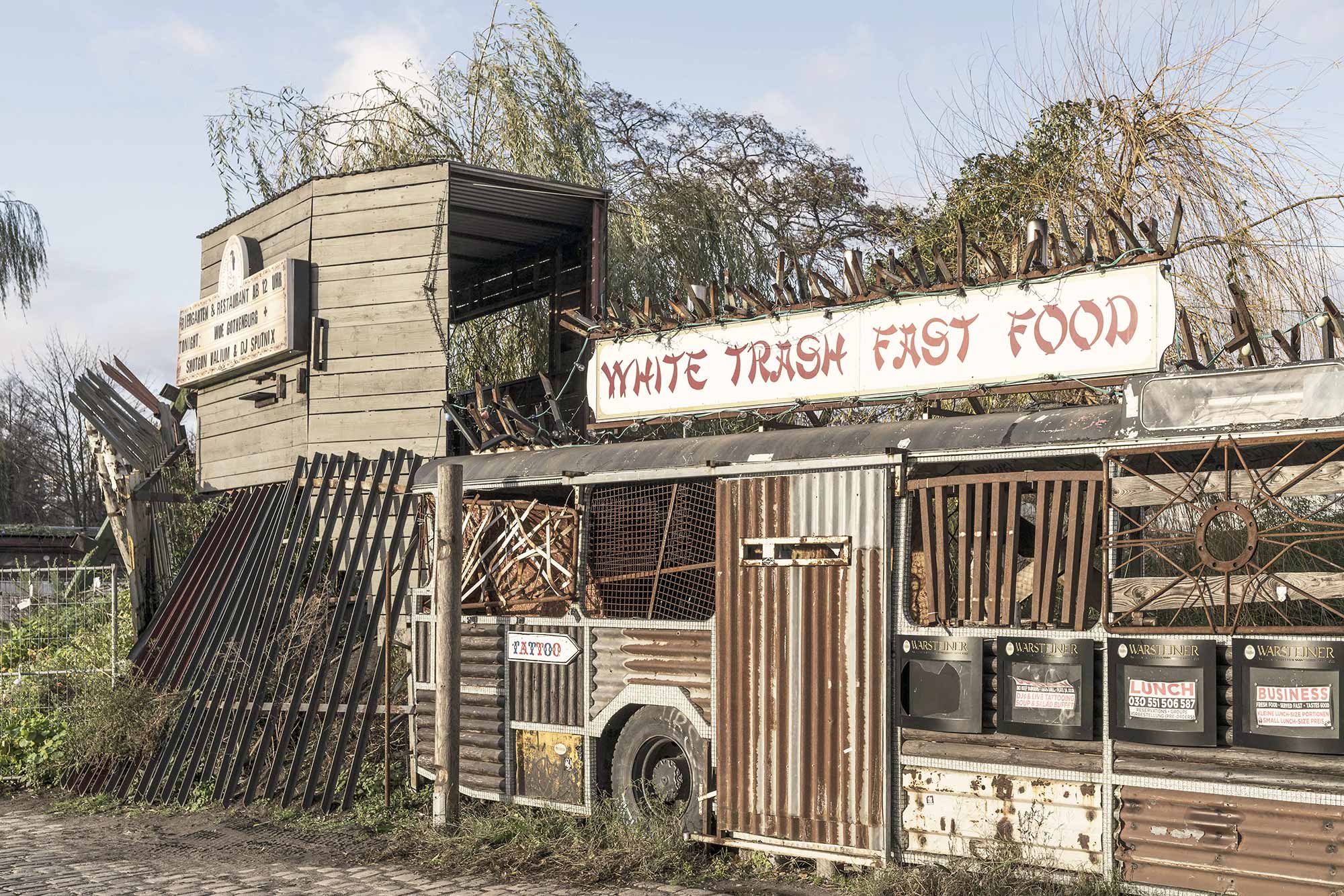

Normal white people - the ones who aren't white trash - embody all the things white trash can't: They're hardworking, educated, classy, kind and good.Īnyone who doesn't conform to those values can't ever really be fully white.

By accepting the idea that white trash exists, people are tacitly accepting that there is another, different kind of whiteness. And plenty of people unabashedly refer to themselves as white trash.īut no matter who uses it, the phrase itself reinforces some pretty insidious ideas about the meaning of whiteness (and, by reflection, blackness - we'll get to that in a minute). Like other slurs, there has been some reclamation of "white trash" - songs and cookbooks and T-shirts that celebrate white-trash culture. Nancy Isenberg, the author of "White Trash: The 400-Year Untold History of Class in America" it becomes an easy way to dismiss a group and to generalize. The problem with the white trash reference is, often. (In 2014, more than half of all members of Congress were millionaires.) And while there were more than 17 million white people living in poverty as of 2016, it's still rare that you see poor white people represented in government or media. Typically, the term is directed at low-income, rural white people. So why does "white trash" still get thrown around without much pushback? It's deft in its ability to demean multiple groups at once: white people and people of color, poor people and people who "act" like poor people, rural folks and religious folks, and anyone without a college degree. Yet "white trash" could be called the Swiss army knife of insults. An article in The New Republic once posed the question of whether President Trump might be " a white trash icon." For some reason, the term manages to come across as less offensive than most other racial slurs. You can get away with calling something "white trash" in polite company, on cable television and in the headline of a magazine article.


 0 kommentar(er)
0 kommentar(er)
